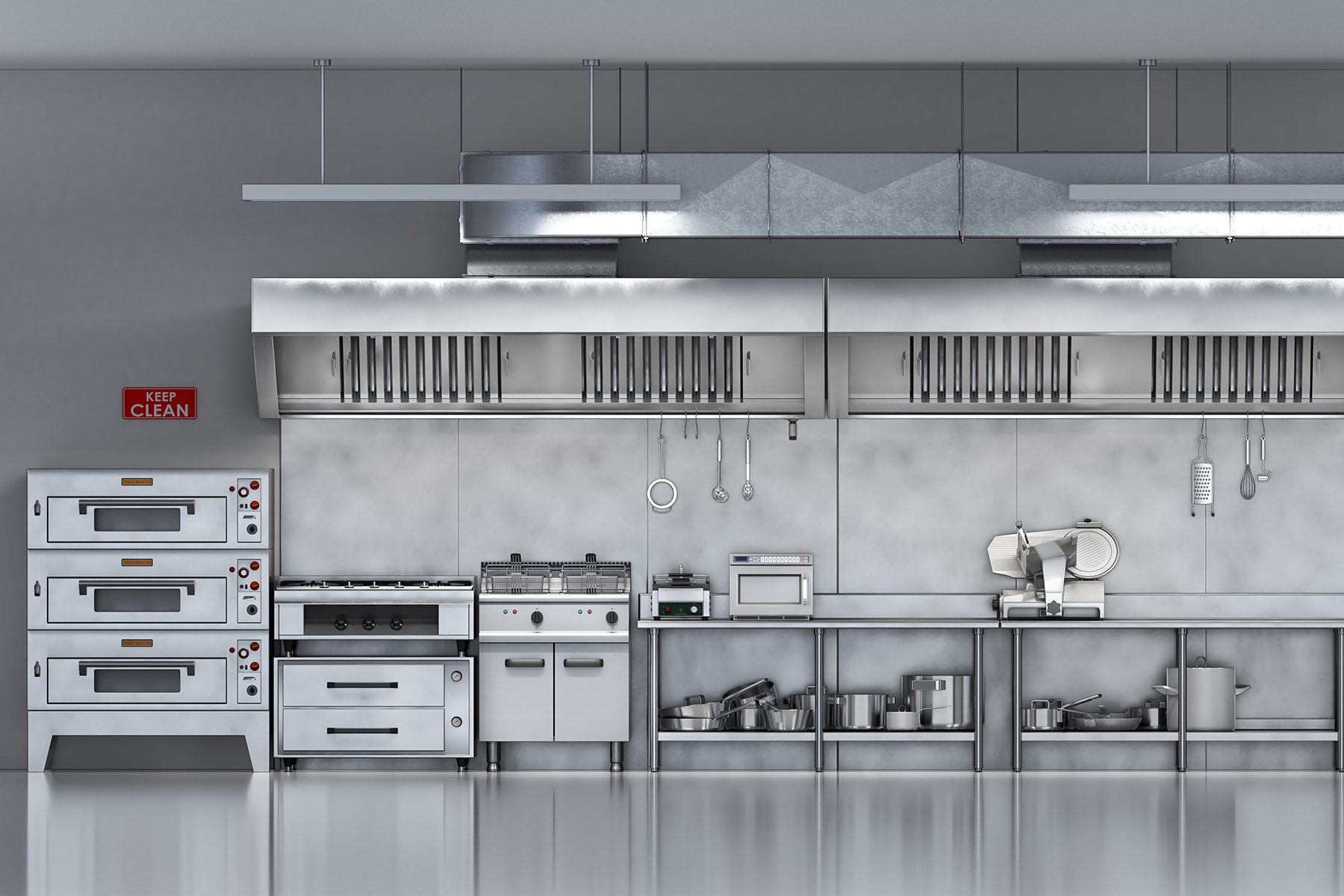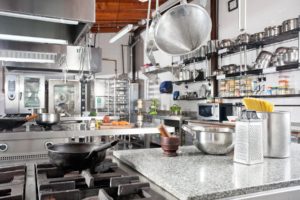Via CPS : The Top 4 Factors to Consider When Purchasing New Equipment for Your Commercial Kitchen
If you are in the process of opening a restaurant or outfitting a new commercial kitchen for a school or municipality building, you’re probably wondering how to make the best purchase decisions. Buying new commercial kitchen equipment is a big responsibility, even if you are simply looking to replace a single piece for a kitchen that is already up and running.
Since we repair and maintenance commercial kitchen equipment every day, we thought we would share a few tips on things you should consider before swiping your credit card on new equipment. You may have already considered some of these factors, and if so, that’s great! We hope this guide will help you make an informed decision and ultimately save you money in the long run.
1. Total Cost of Ownership (TCO)
The total cost of ownership calculation helps you determine how much a piece of equipment will cost over its entire lifecycle. When crunching your numbers, you need to think about more than the initial purchase price. The unit will consume energy and possibly water, and may require inputs such as oil (think fryers) and labor for operating. All of these factors need to be added to the initial purchase price. Even if you don’t know exact numbers, an estimate will do just fine.
Once you have completed a TCO analysis, you can easily compare pieces of equipment to see which is right for your business over the long run. For instance, an energy efficient piece will probably cost more to buy but will save you money in energy and water consumption over time. With energy and water prices rising each year, this initial investment can be regained pretty quickly.
2. Warranties & Maintenance Agreements
It is always smart to investigate the warranty for a new piece of commercial kitchen equipment. This allows you to see what the manufacturer will and will not cover if something goes wrong. This is also the time to explore any extended warranty options for the piece and decide if purchasing the extension is worth the extra money it will cost up front. When you’re trying to decide between two similar pieces of equipment, the warranties may help you decide which makes the final cut.
Maintenance is another important factor to consider. While maintenance agreements may seem like a tough cost to justify, consider the alternative; unexpected equipment failure that requires an emergency repair call and costs way more than simple maintenance. If you take care of your equipment it will last longer and have fewer issues than neglected equipment that never gets inspected.
3. Functionality & Size
Before you go and buy every piece of commercial kitchen equipment available, make sure you take the time to plan out what you need. Look at your menu and consider what you actually need to prepare the food. Invest in pieces that will save on time and labor, as well as pieces that offer multi-functionality options such as combination ovens or steamers. There are many new styles of equipment available today than there were ten years ago, so do your research ahead of time.
Plan to purchase equipment that will be able to handle the output you expect to produce. Pieces that are too large for your needs will rack up your utility bill, while pieces that are too small will cause stress and frustration among kitchen staff and customers. Purchasing the right size equipment helps keep production flowing and your business running smoothly.
4. Shipping & Delivery
Depending on where you buy your equipment and how far it has to travel to get to you, shipping costs can range widely. If you find a particular brand or style of equipment that you are interested in purchasing, make sure to look at how much it will cost to ship. If you don’t have someone to install the equipment that is another cost you will want to add to your TCO calculation.
Once your new equipment is delivered, look at it from all angles and inspect it for damage or missing parts. If there is damage, it is usually the shipping company’s responsibility to replace or repair the damage, but you have to catch it within a certain number of days of delivery. If a component of the piece is missing, you should contact the place from which it was purchased, or possibly the manufacturer, to have that piece replaced.
All in, commercial kitchen equipment is a big investment. But that’s how you have to look at it; as an investment. With the right equipment, your kitchen will run smoothly and you will produce a higher quality product than if you choose to skimp and buy whatever is cheapest without considering the factors above.
Source: CPS | The Top 4 Factors to Consider When Purchasing New Equipment for Your Commercial Kitchen
Looking for quality and affordable kitchen equipment? Reach out to us at SP Kitchen Equipment


